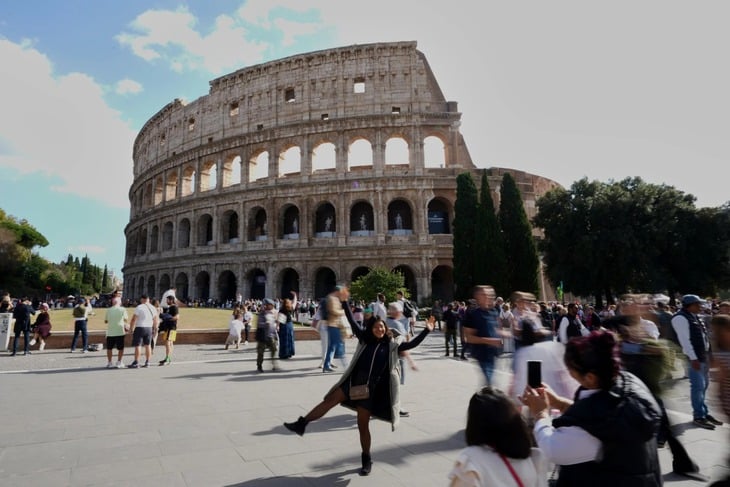
A view of the ancient Colosseum in Rome - Photo: AP
Immediately after assuming the position of Director of the Archaeological Park of the Colosseum on October 20th, Simone Quilici became the center of attention when news spread on social media that Rome was about to hold a " rave party" inside the ancient Roman Colosseum.
Following a wave of heated comments, he officially spoke out to put an end to the misunderstanding.
In an interview with the Associated Press on October 24, Simone Quilici affirmed that there are absolutely no plans to hold electronic music parties or lively music festivals at the Colosseum.
"There's no way we're going to turn this ancient arena into a dance floor. This is a sacred space that needs to be respected."
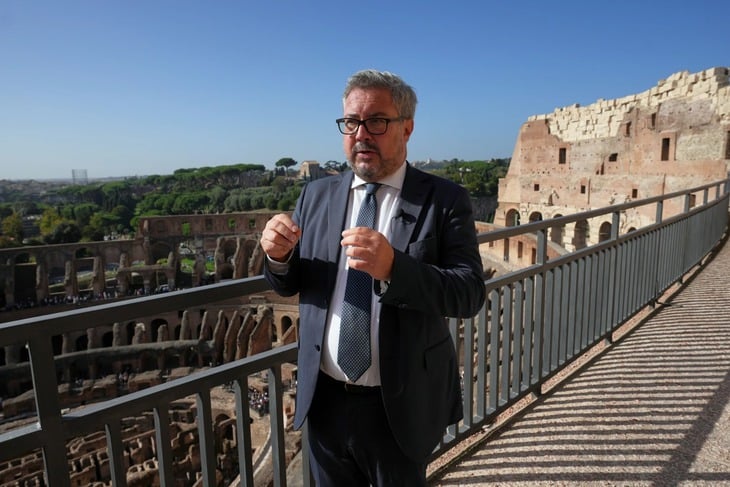
"If we're talking about music, you can imagine an artist like Sting; that's the kind of space and energy that fits the Colosseum," Simone Quilici shared. - Photo: AP
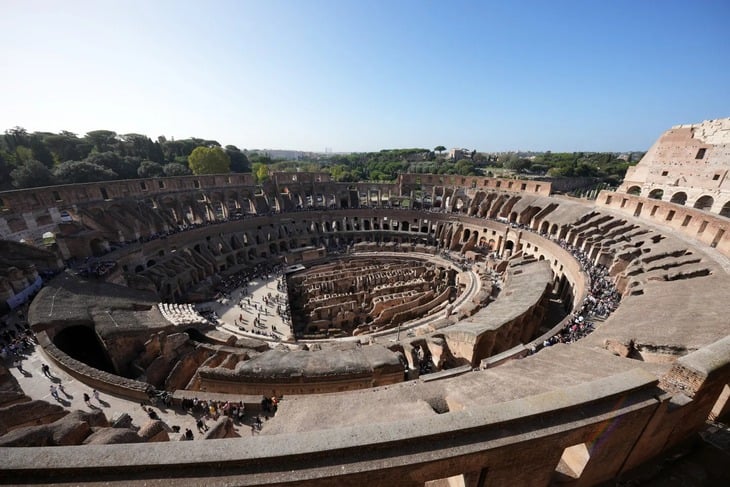
The Colosseum, built in the 1st century AD, is now one of the world's most popular tourist attractions, drawing around 9 million visitors annually, up from 7 million the previous year. - Photo: AP
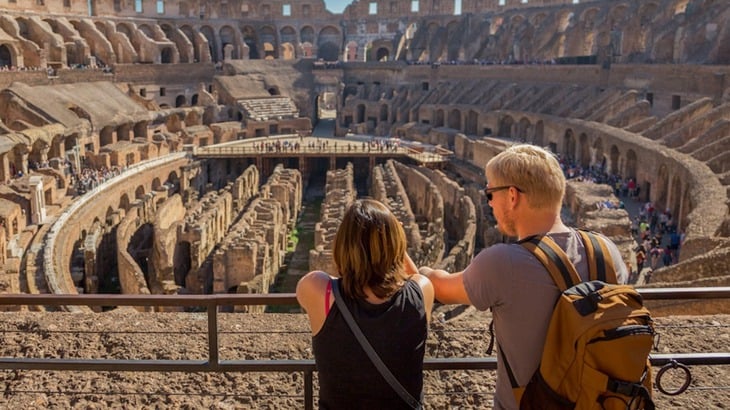
Future cultural activities at the Colosseum will focus on lighter performing arts such as acoustic concerts, jazz performances, poetry, dance, and drama. - Photo: tickets-rome
Earlier, several Italian newspapers quoted Simone Quilici as saying he was "opening the Colosseum to modern music," leading social media to believe he was preparing to host large-scale electronic music parties.
The phrase "colosseum concert" quickly became a subject of controversy. The new director stated that his statement had been misinterpreted due to translations and online reporting, leading to the spread of rumors.
According to Simone Quilici, the overwhelming number of visitors is putting significant pressure on the monument.
He suggested that the flow of visitors needed to be redirected, encouraging tourists to visit nearby areas such as the Palatine Hill or the Roman Forum to reduce the burden on the Colosseum.
Simone Quilici also emphasized that all event planning must strictly adhere to heritage preservation regulations:
"Music and art at the Colosseum should contribute to honoring historical values, not overshadowing them. We want the Colosseum to come alive with music and art, but these must be sounds of reverence, not chaos."
Heritage experts in Italy consider Simone Quilici's response necessary, given the growing public sensitivity to the commercialization of ancient monuments.
Some argue that while a new approach to public engagement is needed, the Colosseum should still be viewed as a cultural and spiritual symbol of Rome, not merely a venue for mass events.
Source: https://tuoitre.vn/quay-o-dau-truong-la-ma-co-dai-20251027110517764.htm


![[Photo] Prime Minister Pham Minh Chinh holds a phone call with the CEO of Russia's Rosatom Corporation.](/_next/image?url=https%3A%2F%2Fvphoto.vietnam.vn%2Fthumb%2F1200x675%2Fvietnam%2Fresource%2FIMAGE%2F2025%2F12%2F11%2F1765464552365_dsc-5295-jpg.webp&w=3840&q=75)





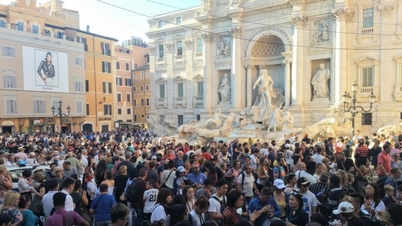

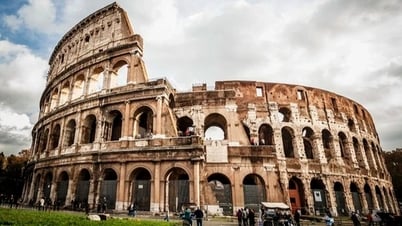

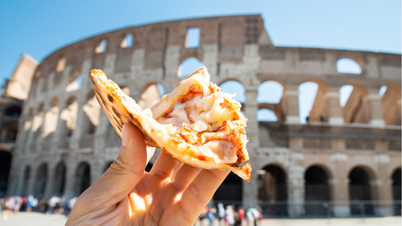

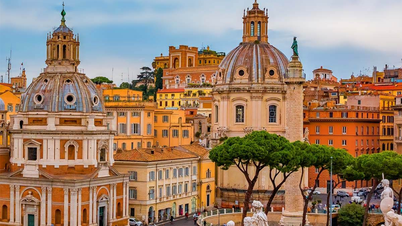
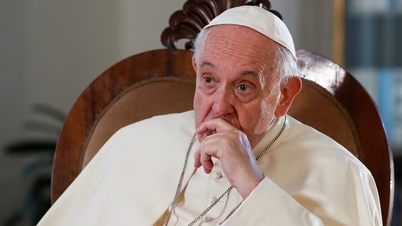

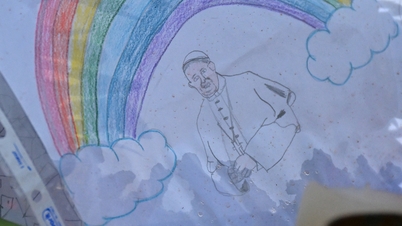



























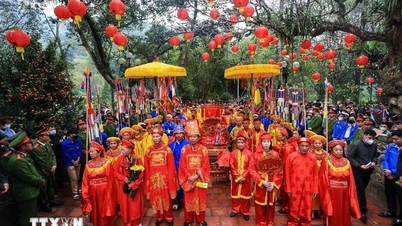



















































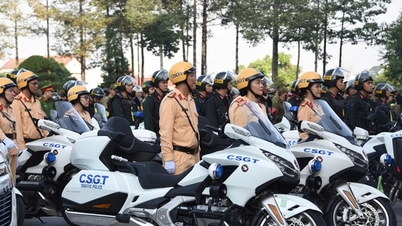











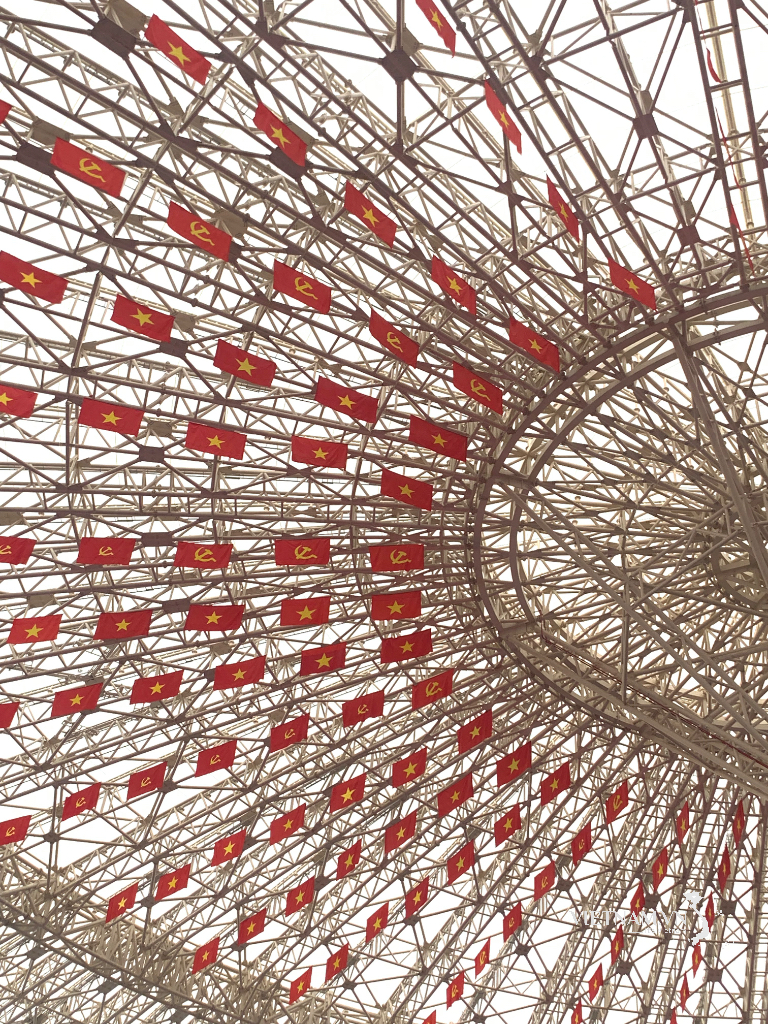


Comment (0)